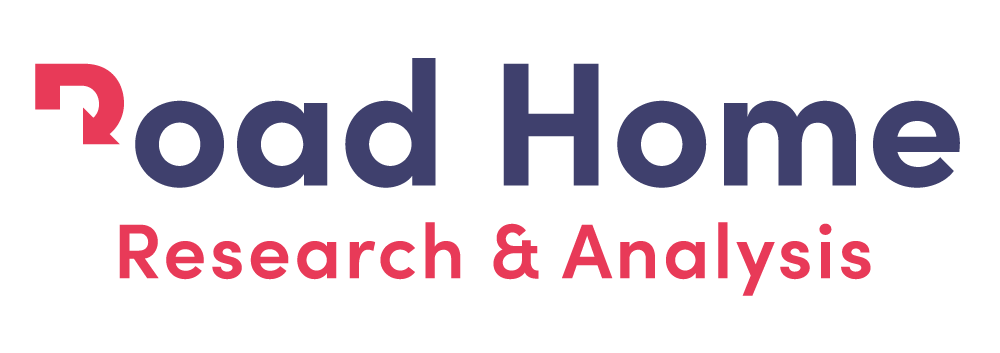INTERVENING THROUGH SUPPLEMENTAL EDUCATION PROGRAMS:
EVIDENCE FROM TORONTO’S JANE AND FINCH COMMUNITY
December 2019
Authors: Bryan Ekeh, Chinweizu Francis Okeke
Literature Review Contributed by: Humber College
Standardized testing scores show a two-tiered public education system exists in Canada. In Toronto, for example, schools in the Jane and Finch community consistently score lower on provincial literacy and math tests than the city's average by 11.3% in primary school, 14% in middle school, and 24% in secondary school. In response to achievement gaps in the two-tiered public school system, community groups operate Supplement Education Programs (SEPs) that aim to improve math and literacy levels by offering academic instruction after school hours, on weekends, and during summer breaks, often combined with unconventional activities like sports or arts. During summer 2019, the research nonprofit Road Home Research & Analysis partnered with the Youth Association for Academics, Athletics and Character Education in Toronto's Jane and Finch community to study how SEPs can better close student achievement gaps. Following a 7-week small group leveled learning intervention involving a sample size of 101 elementary and middle school students, this research documented a 13% improvement in their average literacy scores. In math, problem-solving and computational skills went up a grade level for 61% and 59% of the students, respectively. These improvements occurred despite challenges with student attendance, limited program resources, inadequate support from the Toronto District School Board, and limited teacher training opportunities due to teachers' union involvement. Our conclusions add to the body of research on the role SEPs could play in creating a public education system that offers equality of opportunity to all students. This study also makes the case for governments to consider that SEPs, when in line with best practices, are valuable actors for change in the current two-tiered education system.
